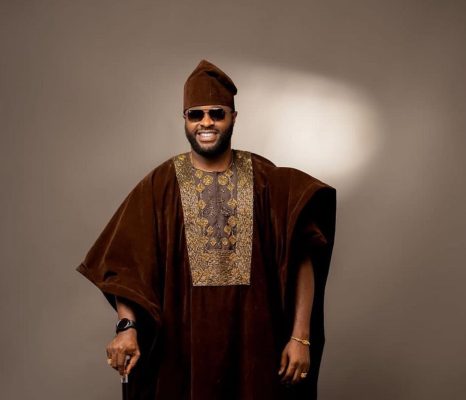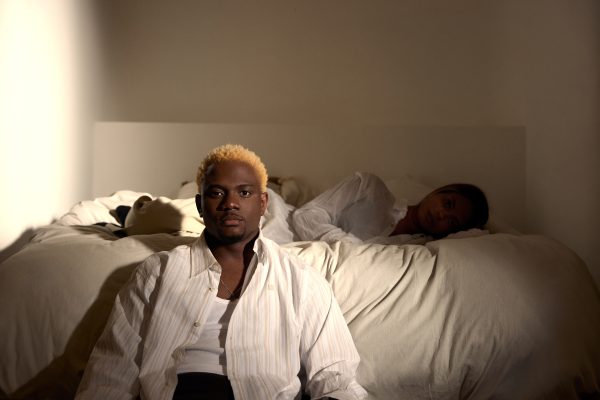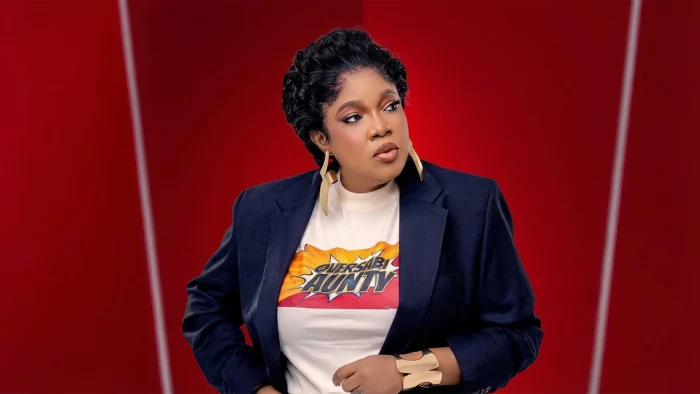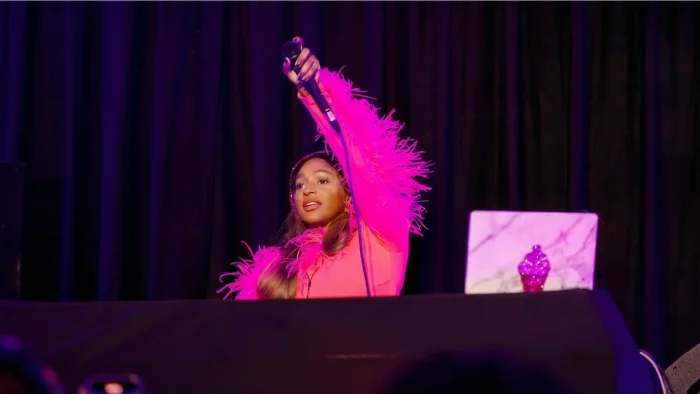
The composer Mikel Rouse, who has comfortably straddled genres from classical to pop, found something unexpected when he took part in a Black Lives Matter protest — beauty.
Rouse joined in chanting “Hands Up! Don’t Shoot!” out of conviction, but the artist in him kicked in and he recorded it on his iPhone. “It sounded so musical to me,” Rouse said.
With digital manipulation and an anxious electronic soundscape, the technophile Rouse turned the chant into “Resolver” — which he sees as a descendant piece of sorts to pioneering minimalist composer Steve Reich’s use of repeated loops.
[ad]
“Resolver” is one of four interconnected songs on Rouse’s album “Hemisphere,” which comes out April 28. “Hemisphere” is set to a film by Rouse of quotidian images turned awry such as an upside-down railway and a stilted wedding photo session.
The title track refers to US anti-drug authorities’ Hemisphere surveillance program of telephone calls. But the soothing synthpop-like song is about comfort as Rouse sings of the need for companionship after the shock of Donald Trump’s election as president.
Rouse said he was more interested in the “objectivity of the aesthetic” than straightforward protest songs.
“I think Laurie Anderson was quoted as saying, when asked why she doesn’t do more political work, it’s because right-wingers can also do political work,” he said, referring to the experimental artist.
“It has the potential to be propaganda — so is your propaganda different from my propaganda? But at a certain level, a lot of art does reflect the kind of world that we would like to live in,” he told AFP at a favorite dive bar — which makes a cameo in the film — near his home in Manhattan’s Hell Kitchen.
– Pop music ‘more avant-garde than ever’ –
Rouse is a leading force in totalism, the movement after minimalism that incorporated a sweeping range of influences and unorthodox rhythmic structures. To mark “Hemisphere” as well as his 60th birthday, Rouse plans a career-spanning concert on April 29 at National Sawdust in Brooklyn.
Like much of Rouse’s music, “Hemisphere” defies easy genre classification. It breaks away from expected beats yet the songs — intricately produced and interspersed with Arabic singing — are quickly accessible.
“I’ve always found it fascinating that I’m too serious for the pop world and too pop for the classical world, which kind of makes me think that I’m in the right place,” he said.
“Even with all the complex rhythms that are going on,” he said of his latest album, “it would actually work out as good bar background music.”
“And that was always my goal. The seduction of the sound is what would bring people in.”
Rouse said categories were increasingly meaningless in an era of instant music access. He is an admirer of Frank Ocean, the introspective hip-hop star whose twin albums last year included an accompanying film.
“I’ve always felt that the audience is usually much further ahead than the categories,” he said. “I think there is an element in which pop music is more avant-garde than it’s ever been.”
[ad]
– Challenging audience expectations –
The son of a state trooper in Missouri, Rouse first came to New York on the encouragement of David Byrne of New Wave icons Talking Heads, who had tapped Rouse’s pop band Tirez Tirez as an opening act.
His most influential works include “Dennis Cleveland,” a 1996 opera in the form of a trashy talk show — with audience members unexpectedly taking part as performers and screens showing crowd reactions.
In a collaboration with choreographer Merce Cunningham, Rouse gave spectators iPods on shuffle and each heard different music while watching the same dance.
“People would come up to us after the show and say, ‘How did you manipulate the iPod?’ They just didn’t believe we weren’t doing something,” he said. “I said, you are the creative component that is making the connection.”
Upcoming projects include an interactive digital playground for children.
In 2010, the New York Public Library announced it had acquired Rouse’s archive. He has worked in earnest on it, easing any anxiety as he turned 60.
“All artists are miserable and all we do is complain and I’m not different,” he said.
“But there is something about turning 60 and knowing that the stuff is there and that it’s catalogued and safe that fills me with such enormous gratitude that I can’t even being to express it.”
[ad]








